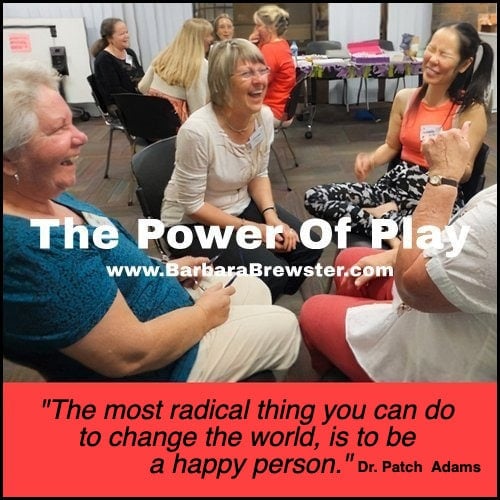Mental injury is a tricky thing. Everyone knows when a worker is physically injured, there is a definable, succinct incident, maybe some screaming, blood, and ambulance perhaps, and almost always, in fact should always be a debriefing of other staff. Everyone knows what happened and how and the degree of injury is obvious. Not so with many of the mental health injuries. Colleagues and management cannot easily see it or reconcile it. They don’t know what to do or how to react to coworkers with a mental health injury and often, it manifests over time and doesn’t have a succinct incident time and date.
So, what does mental injury look like in the workplace? Often stress related injuries can involve the affects of bullying, trauma from witnessing something out of the ordinary and major loss regarding any number of issues in the workplace.
Left unattended, these issues can lead to depression, anxiety, and stress and trauma related injury like adjustment disorder and or PTSD. There are a myriad of conditions that can follow on from these issues, so the very best advice is, get treatment and get it as fast as possible. The time lapse in debriefing following a traumatic event is directly proportional to the degree of suffering and the time for recovery.
When you do get treatment, either via an injury claim or through a mental health care plan through a G.P referral, make sure the treatment and practitioner suit YOU. This is about you and your future, so if you’re not comfortable with psychotropic medications or benzodiazepines, seek and engage with a qualified counselor or psychologist. Unless you are very familiar and comfortable with your G.P, don’t engage a G.P in ongoing regular counselling, and you don’t need to accept any counseling from other allied health professionals who haven’t been trained or specialise in counselling.
This leads me to discuss the major barrier to rehabilitation of mental health in the workplace. That the condition is often internal and subjective, often mis-diagnosed, and maltreated. By maltreated, I am referring to, too little, too late due (as soon as you feel not right, get help). The injured worker has to deal with stigmas and stereotypes, judgment and shame. The injured worker can also be accused of “putting it on” or malingering, or being too soft. All this, of course is unhelpful rubbish and impinges badly on recovery. Mental health issues are debilitating and terrifying. The work areas are making headway, but like many other issues in society today, there is far too much posturing, box ticking and virtue signaling and far too little useful training, dialogue or policy.
To book an appointment and to be part of the advocacy group for injured workers that Rod is creating please email: rod@injuryrehab.net.au










I could not resist commenting. Exceptionally well written! https://www.infinibien-etre.com/reiki/
Your mode of telling all in this paragraph
is in fact fastidious, all be capable of without difficulty know it, Thanks a lot https://www.toituresvallee.com/
Howdy! This article could not be written much better! Looking through tjis post reminds mee
of my previous roommate! He always kept preaching about this.
I am going too forward this post to him. Pretrty sure he’ll have a golod read.
I appreciate you for sharing!
Feel free to surf to my website … 3d visualiszation services
Your method of telling all in this piece of writing is really good, every one be able to easily be aware of it, Thanks a lot.